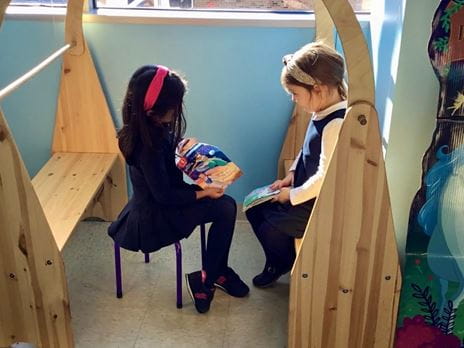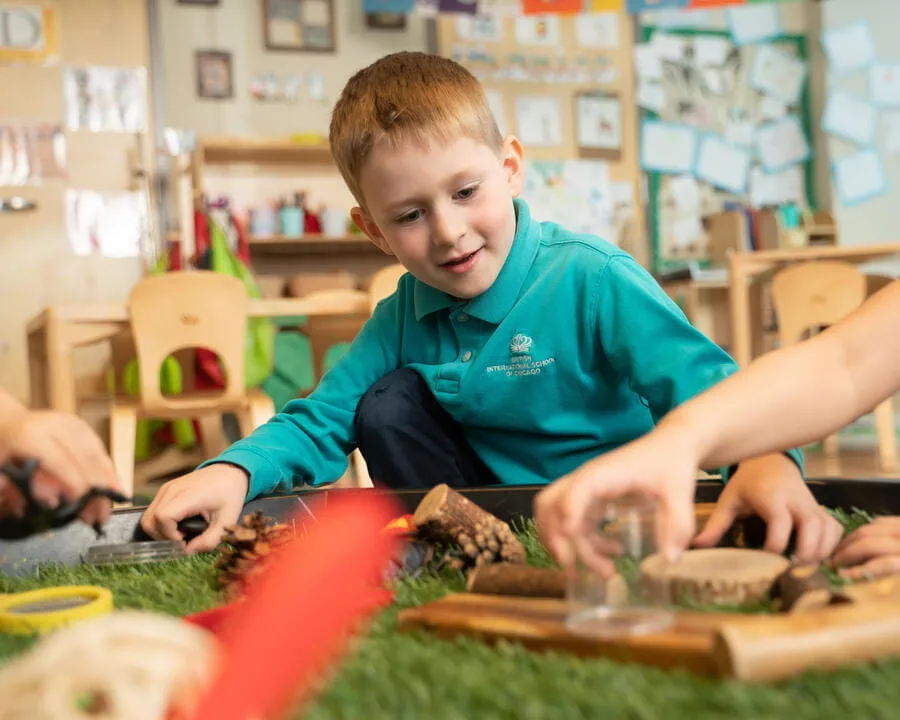In the dynamic and often challenging world of childhood, learning to cope with various stressors is a crucial skill. Children encounter a range of emotions and situations that can be overwhelming, making coping mechanisms essential for their well-being. In this blog, we’ll delve into five types of coping mechanisms that can help children navigate the ups and downs of life, fostering resilience and emotional intelligence.
1. Expressive Coping: Expressive coping involves encouraging children to express their feelings through various mediums such as art, music, or writing. Expressing themselves artistically allows children to communicate emotions that might be difficult to articulate verbally. Whether it's drawing, painting, or playing a musical instrument, these creative outlets empower children to process and healthily release their emotions.
Examples of expressive coping skills for children include:
- Work on building a Lego city
- Play dough to make different shapes
- Puppet play to discuss difficult emotions
- Drawing, painting, or writing a story or poem
- Playing a musical instrument

2. Mindfulness and Relaxation Techniques: Teaching children mindfulness and relaxation techniques equips children with valuable tools to manage stress and anxiety. Simple activities such as deep breathing exercises, guided imagery, or mindfulness meditation can help children develop a sense of calm and self-awareness. These practices promote emotional regulation and provide a foundation for lifelong well-being.
Examples of mindful coping skills for children include:
- Listening to a song they like
- Paying attention to their own heartbeat
- STOP technique (Stop, Take a Breath, Observe, Proceed)
3. Problem-Solving Skills: Empowering children with problem-solving skills enhances their ability to navigate challenges effectively. Encourage them to identify the problems, brainstorm potential solutions, and evaluate the best course of action. This approach not only helps children address immediate issues, but also instills a problem-solving mindset that can benefit them throughout their lives.
- Examples of problem-solving skills for children include:
- Positive self-talk (encouraging words or mantras)
- Replacing negative thoughts with positive ones
- Writing gratitude notes and placing them in a “gratitude jar”
- Circle of control activities, which lets them focus on what they can control
- Acting opposite to their negative emotion
- Brainstorming possible solutions to a problem

4. Social Support and Connection: Building strong social connections is a vital coping mechanism for children. Encourage them to share their feelings with trusted friends, family, or teachers. Having a support system helps children feel understood and less alone in their struggles. Healthy relationships provide a buffer against stress and contribute to a child’s overall emotional resilience.
Examples of social coping skills for children include:
- Play a board game with friends or family members
- Talking to someone they trust
- Volunteering (community gardening, donating old or unused things, local animal shelter, etc.)
- Saying a kind word or offering encouragement to others – writing cards or notes
5. Physical Activity: Physical activity is a powerful way for children to release pent-up energy and manage stress. Engaging in regular exercise not only promotes physical health but is also a natural mood booster. Whether it’s team sports, dance, or simply playing outside, physical activity contributes to a child’s overall well-being.
Examples of active coping skills for children include:
- Put on some music and dance
- Going for a brisk walk outside
Teaching children effective coping mechanisms is an investment in their emotional resilience. By incorporating expressive coping, mindfulness, problem-solving skills, social support, and physical activity into their lives, we provide them with valuable tools to navigate the complexities of childhood and adolescence. As adults, our role is to nurture these coping mechanisms, fostering a foundation of emotional well-being that will serve them throughout their lives.
Carlie Ennis
Year 2 Teacher & Regional Global Campus Leader








.png?h=720&iar=0&w=1280&rev=090f6aaff5c74988877e2316da2721d6&hash=9F6607FE7CEF7D53B17FB2A670C742F3)

.png?h=720&iar=0&w=1280&rev=2320179e8a134c80a30f57aa0014926d&hash=C88687BFC84BE1EAFF593CD797B94013)